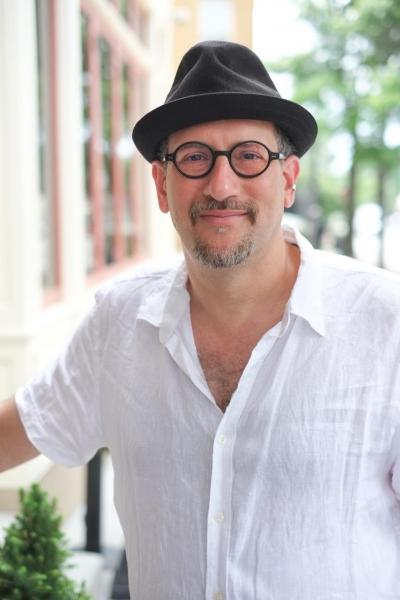
(photo by Lawrence Cheng)
Sometimes when we are having personal or health problems, it helps to get an outside perspective: talk to other friends who have experienced similar problems and how they dealt with them, and other friends about how they avoided those problems. Talk to experts. Then using all that input, we try to make the best choice to solve the problems and to live a long and happy life. This is perhaps the situation we find ourselves in now with the health of our environment and the long-term viability of the human race. So where to we look for that “outside perspective” and expert help? The answer may be: look to other planets and talk to those who study them. This is the approach astrobiologist Dr. David Grinspoon takes in his new book: “Earth in Human Hands: Shaping Our Planet’s Future”. Dr. Grinspoon is a senior scientist at the Planetary Science Institute, an adjunct professor at the University of Colorado, and in 2013 he was appointed the inaugural Chair of Astrobiology at the Library of Congress. We had a chance to talk with Dr. Grinspoon about how he compares Earth’s story to those of other planets, and how our present moment is not only one of peril, but also great potential, especially when viewed from a 10,000-year perspective.
The podcast of the show is below, and you also can hear the extended interview here.
Hosts: Joel Parker, Susan Moran
Producer and Engineer: Joel Parker
Additional contributions: Beth Bennett
Executive Producer: Joel Parker
Listen to the show:
Podcast: Play in new window | Download (Duration: 27:10 — 24.9MB)
Subscribe: RSS




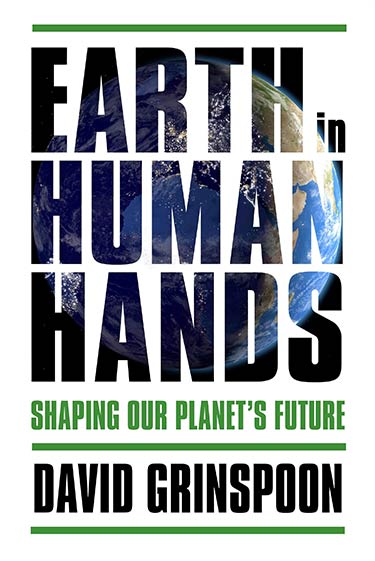

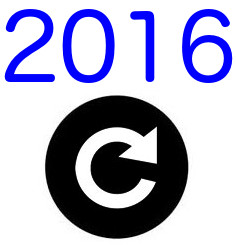
 For this end-of-the-year How on Earth show, we look back to 2016 with clips from some of our features from the past year: selections from the
For this end-of-the-year How on Earth show, we look back to 2016 with clips from some of our features from the past year: selections from the 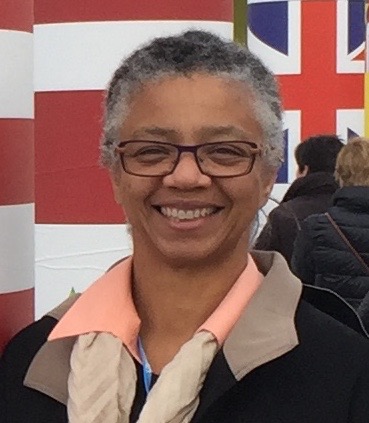
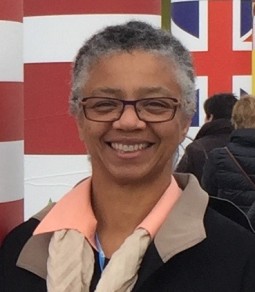
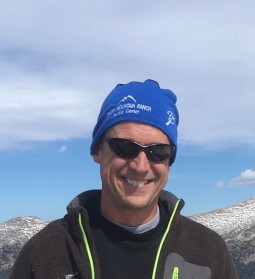
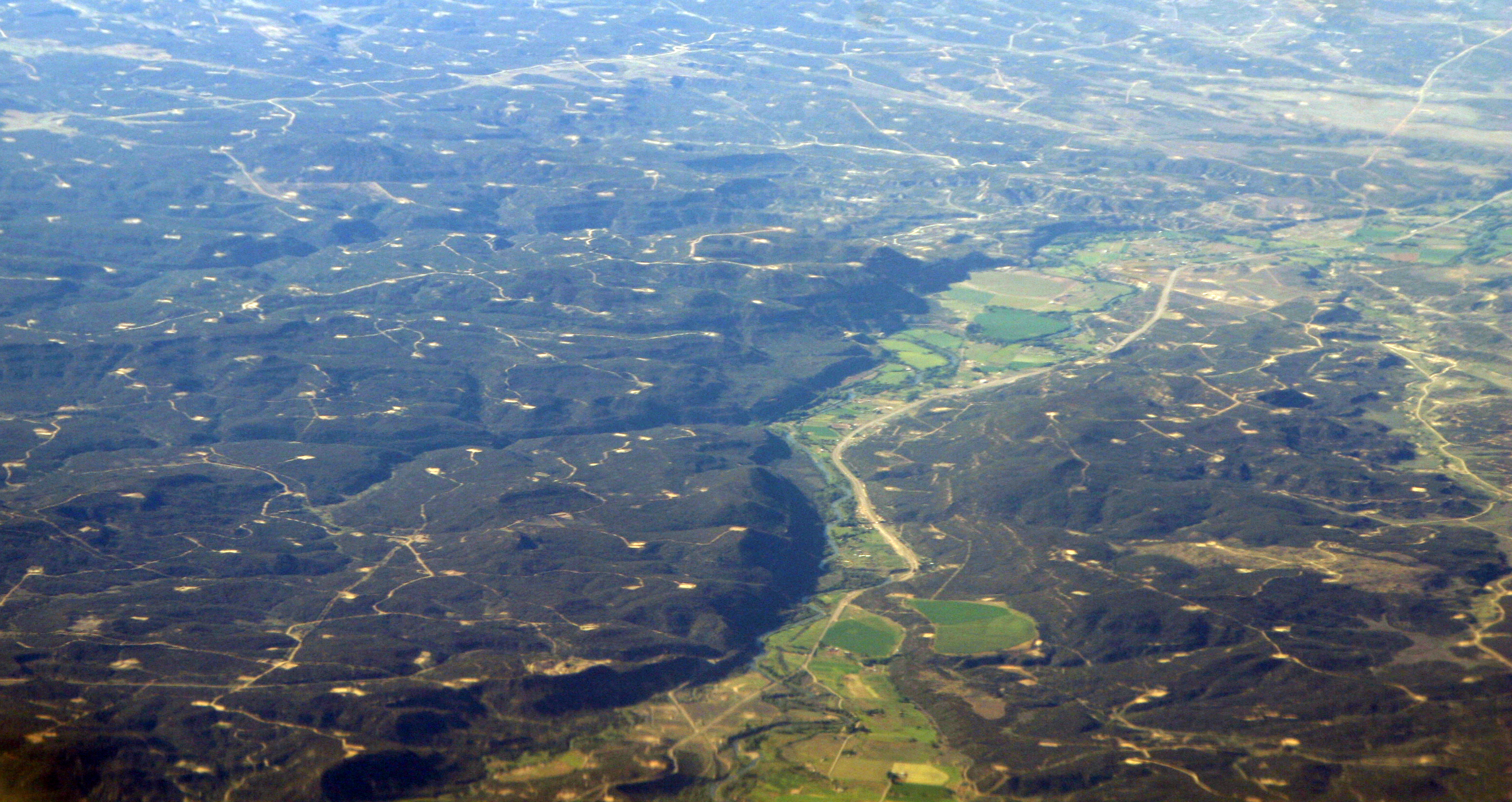

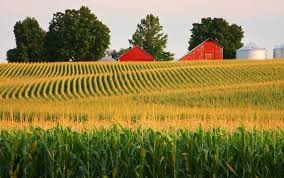
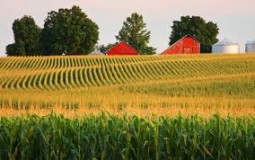

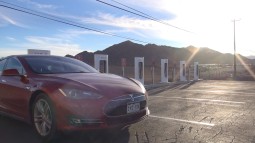
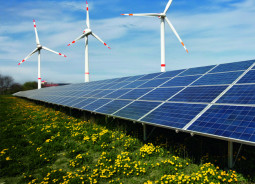
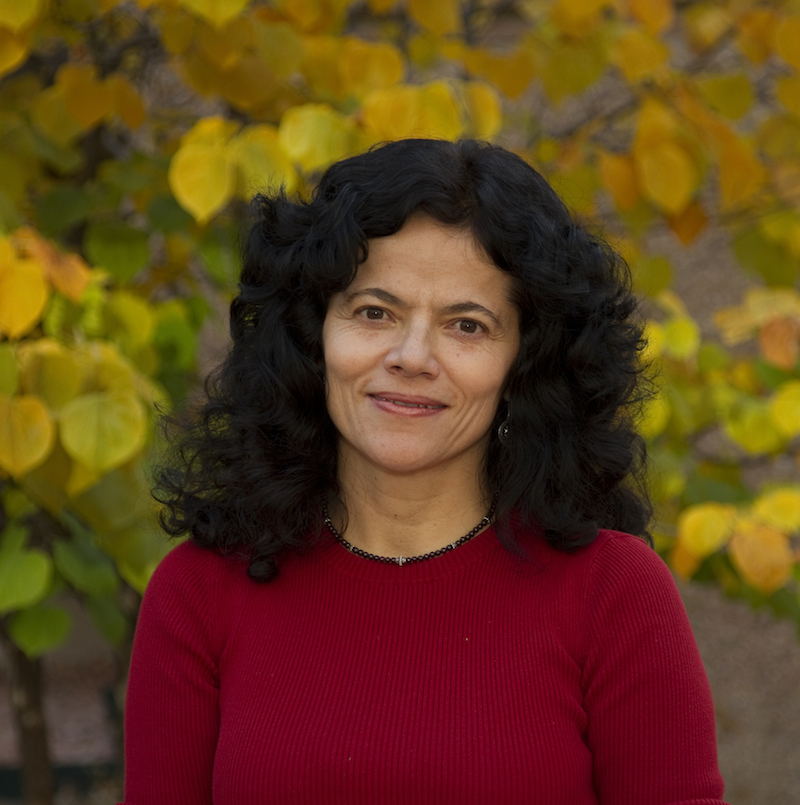
 These are questions that the
These are questions that the 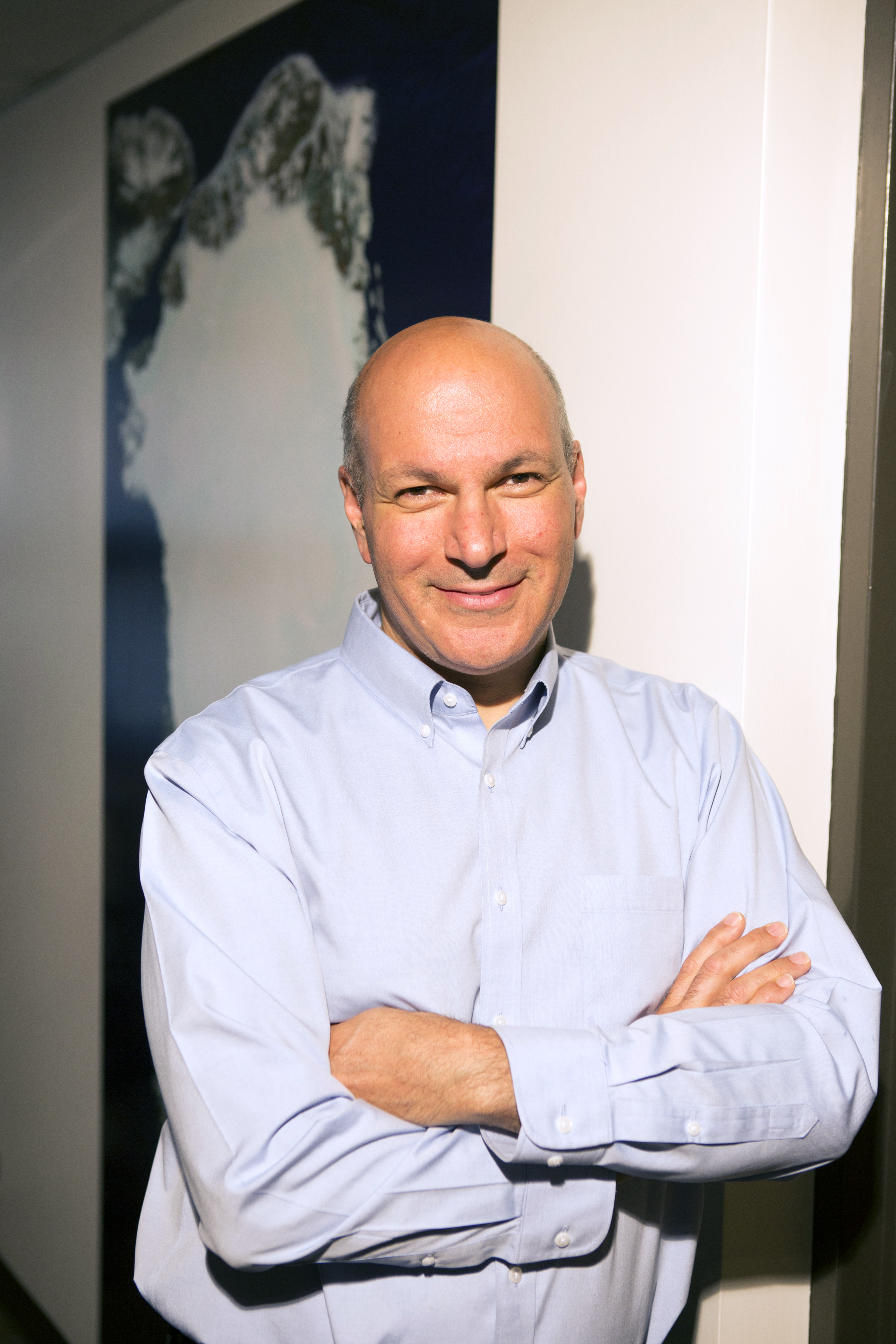
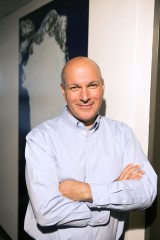
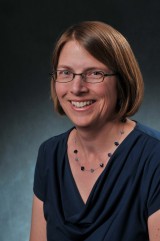
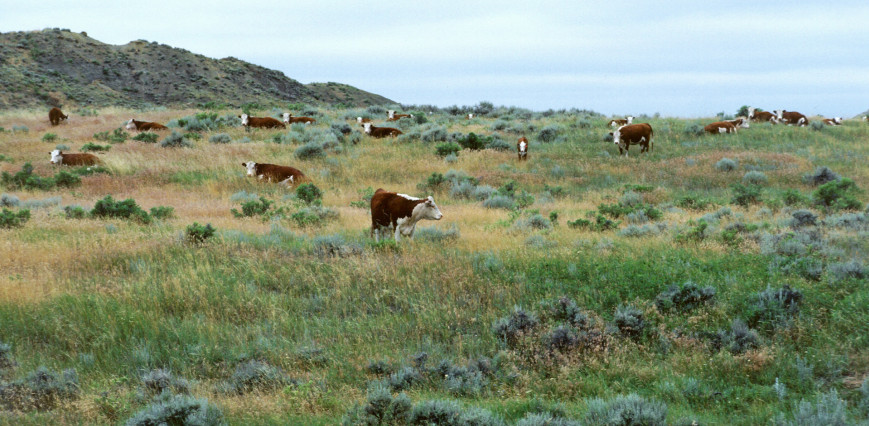
 When it comes to reducing greenhouses gases, every little bit helps, and that includes managing the greenhouse gases produced by how we grow our food. Raising livestock and growing crops both generate greenhouse gases, and to gauge their impact, a new study takes the long range view. The results were published in a paper: “Measuring and mitigating agricultural greenhouse gas production in the U.S. Great Plains, 1870-2000” in the Proceedings of the National Academy of Sciences. It analyzes 100 years of agricultural production, and it takes this look at farming close to home – it focuses on the bread basket of the United States – the Great Plains, which includes eastern Colorado. Here to tell us more are scientists
When it comes to reducing greenhouses gases, every little bit helps, and that includes managing the greenhouse gases produced by how we grow our food. Raising livestock and growing crops both generate greenhouse gases, and to gauge their impact, a new study takes the long range view. The results were published in a paper: “Measuring and mitigating agricultural greenhouse gas production in the U.S. Great Plains, 1870-2000” in the Proceedings of the National Academy of Sciences. It analyzes 100 years of agricultural production, and it takes this look at farming close to home – it focuses on the bread basket of the United States – the Great Plains, which includes eastern Colorado. Here to tell us more are scientists